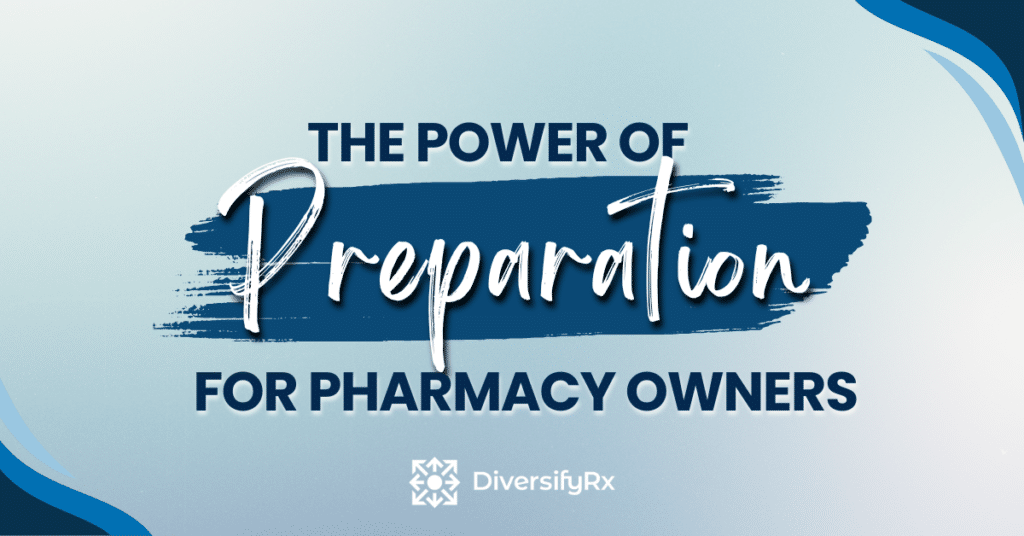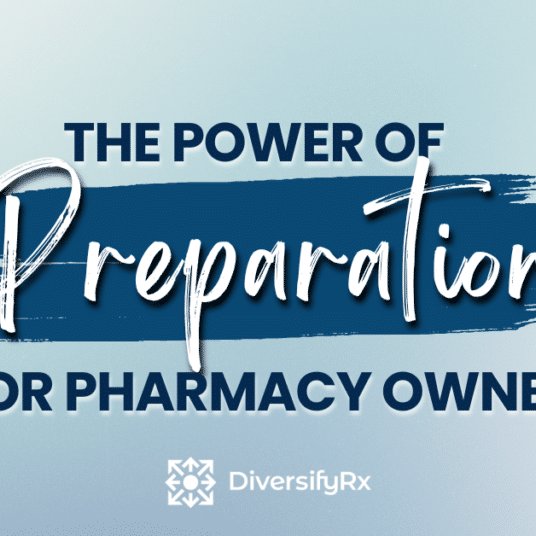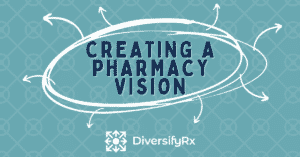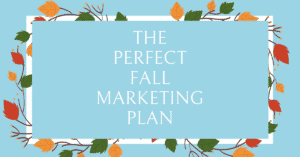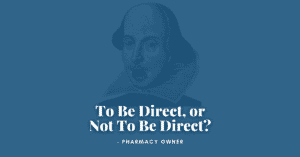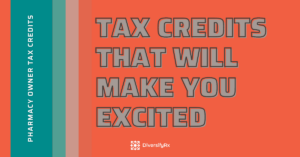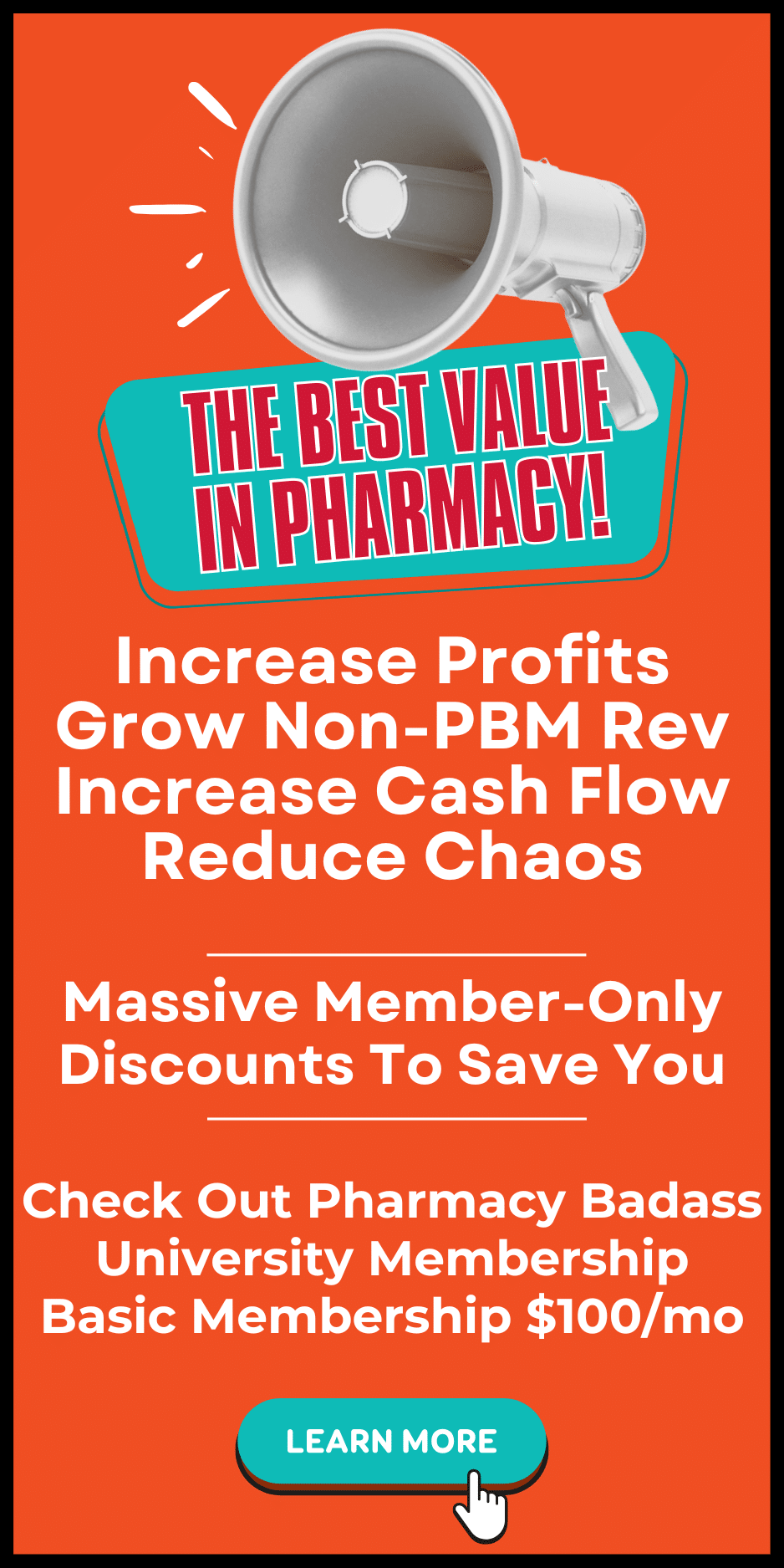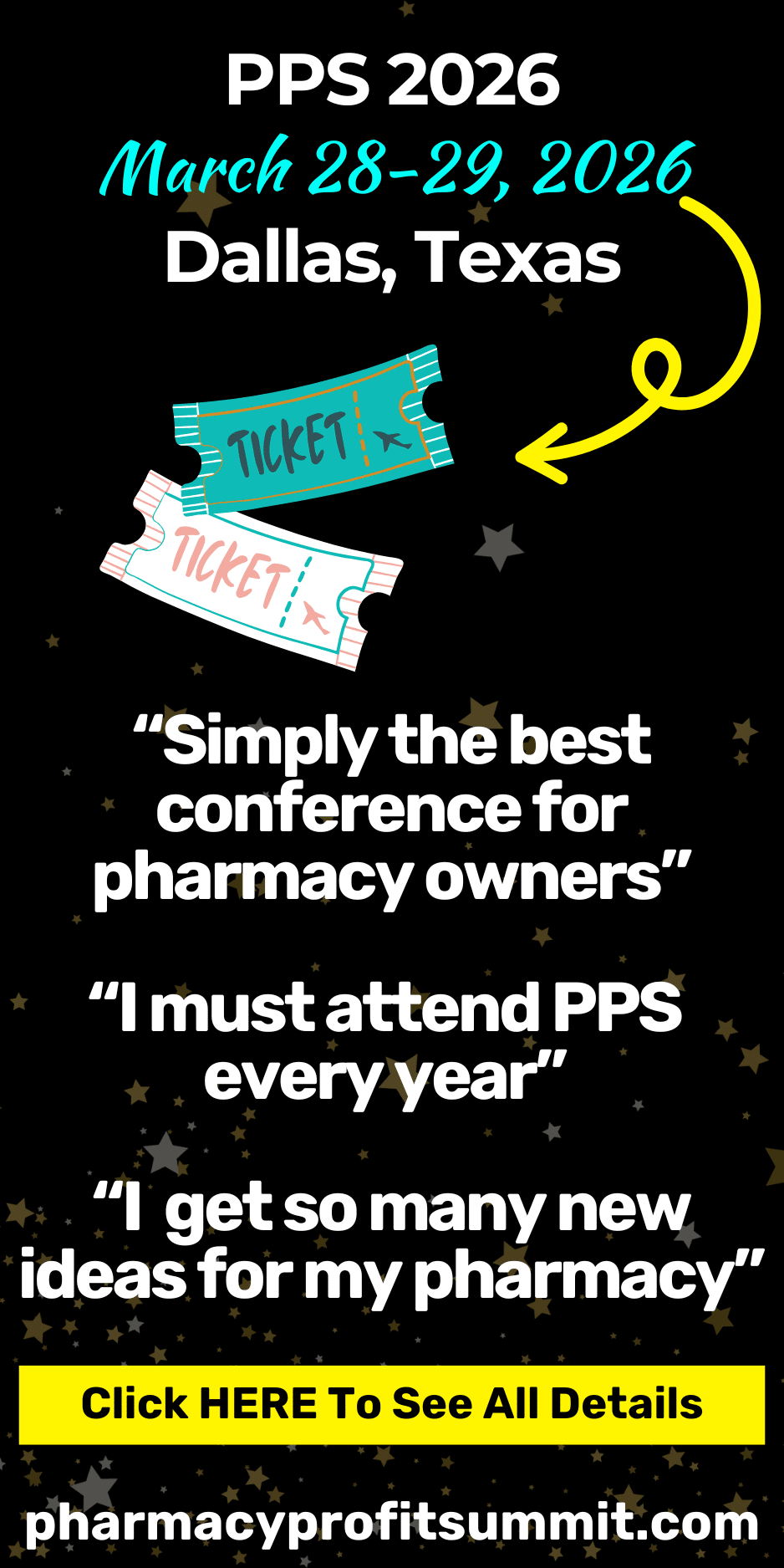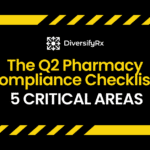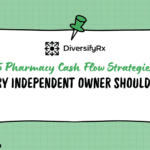Elevate Your Pharmacy: The Power of Preparation
Preparation is the only way to make your pharmacy a success.
The only way to be certain of the future is to create it.
As independent pharmacy owners, we know how crucial it is to stay ahead of the game. The independent pharmacy landscape is always evolving, and our ability to adapt and excel can be the difference between thriving or barely surviving.
Let’s chat about a topic that’s often overlooked but is paramount to your success: preparation.
In the fast-paced world of independent pharmacy, many of us struggle with why certain initiatives or improvements aren’t yielding the expected results. The answer often lies in our level of preparation. To truly excel and outperform, we need to understand the immense effort and meticulous planning that goes into achieving excellence.
Resetting Expectations
One of the biggest misconceptions is that success comes from natural talent or sheer willpower. While these factors play a role, they pale in comparison to the importance of thorough preparation. This principle holds across various domains, including sales, marketing, customer service, and more.
The legendary coach Vince Lombardi once said, “More important than the will to win is the will to prepare.” This quote encapsulates the essence of what it takes to reach the pinnacle of success.
In our pharmacies, we often have recurring tasks such as staff meetings, ordering, training, and interactions with patients. These routine activities require a different type of preparation compared to one-time events like launching a new service or hosting a community health fair.
Understanding this distinction is key to allocating our efforts effectively.
The Two Types of Preparation
1. Routine Activities: For tasks we perform regularly, the preparation can become streamlined and efficient over time. However, this doesn’t mean it should be neglected. Even if you’ve conducted hundreds of staff meetings, spending 15 minutes beforehand reviewing the agenda, identifying key discussion points, and aligning with your goals can make these meetings exponentially more productive.
2. One-Time Events: When preparing for something new or infrequent, such as introducing a vaccination or a new testing program, the preparation should be exhaustive. This preparation might involve researching best practices, understanding regulatory requirements, developing detailed action plans, talking with others who have done it before, and rehearsing your approach.
Practical Tips for Better Preparation
1. Set Clear Goals: Define what success looks like for each task or project. Whether it’s increasing patient traffic, boosting vaccine sales, or improving staff efficiency, having a clear goal will guide your preparation efforts.
2. Break It Down: For complex projects, break down the preparation into manageable steps. These steps could include researching, planning, executing, and reviewing. Assign and delegate these tasks to your team members to ensure comprehensive coverage.
3. Allocate Time Wisely: Use a ratio of preparation to execution time. For instance, spend 15 minutes preparing for a one-hour meeting. Your ratio of prep to execution for recurring tasks can be lower. For significant projects, this ratio might increase to several hours of prep for each hour of execution. Your power to succeed is in the preparation.
4. Use Checklists: Create checklists for recurring tasks. This structure ensures nothing is overlooked and helps streamline the preparation process over time. I am a big fan of checklists. You can download my basic pharmacy employee checklist (I call them Controlling Calendars) HERE. This same structure can be used for projects and keeping track of the numerous implementation steps.
5. Leverage Technology: Utilize digital tools to keep track of your preparation materials, deadlines, and progress. Apps like Trello, Asana, Monday, or even a well-organized Google Drive can be incredibly helpful.
6. Involve Your Team: Encourage your staff to adopt a culture of preparation. Provide training and resources to help them understand the importance of thorough prep and how to implement it in their daily tasks. Help them to realize that prepping means success.
The Ripple Effect of Preparation
The benefits of meticulous preparation extend beyond immediate outcomes. It fosters a culture of excellence within your pharmacy, boosts your team’s confidence, and ultimately leads to better patient care. When your staff sees the level of preparation you put into each task, it sets a standard for them to follow, elevating the overall performance of your pharmacy.
For instance, preparing for patient consultations by reviewing their history, understanding their needs, and having resources ready can significantly enhance the patient experience. Your preparation not only improves patient satisfaction but also builds trust and loyalty, leading to repeat business and positive word-of-mouth referrals.
Similarly, preparing for a marketing campaign by understanding your target audience, crafting compelling messages, and planning your outreach strategy can lead to higher engagement and better results.
The preparation is hard work. It takes a lot more energy to get the train out of the station than to maintain its speed.
Embrace the Grind
It’s important to recognize that preparation is not a one-time effort but a continuous process. The more you prepare, the better you become at it. Preparation itself is a skill that improves with practice. Over time, what initially took hours might take significantly less time, but the impact remains substantial.
Reset your expectations about the level of preparation required to excel can transform your pharmacy. The grind of hours and hours of preparation is the work you need to fall in love with. While results are exciting, your joy should come from the input, not the output. The more you love the grind, the more successful you will be.
By putting in the necessary effort and encouraging your team to do the same, you can achieve outstanding results and set your pharmacy apart from the competition.
Remember, mediocrity is easy, but excellence requires dedication and hard work.



